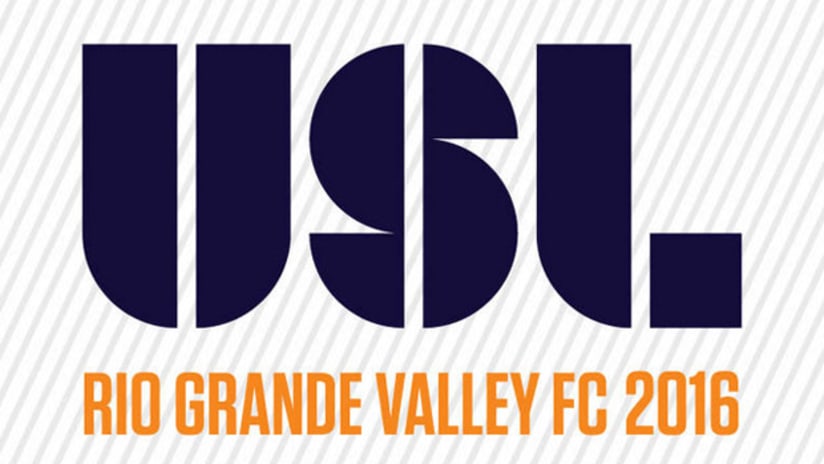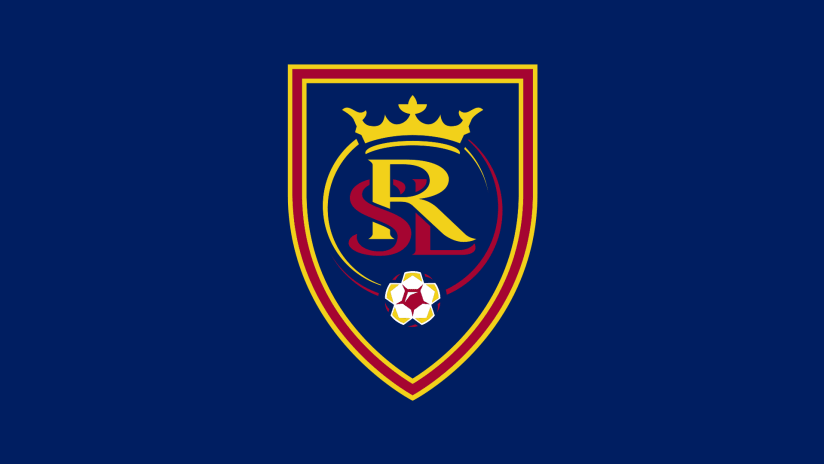HOUSTON – A year ago Houston Dynamo president Chris Canetti and vice president Dave Taglarino sat in the McAllen airport watching the US play in the World Cup against Ghana after their first meeting with Lone Star FC about the possibility of stationing a USL side in the Rio Grande Valley.
A year later, Canetti is back in the Rio Grande Valley as the year of work culminates with an affiliate agreement that was announced on Wednesday with newly-awarded USL expansion side Rio Grande Valley FC that could set the club on the road to improved player development.
“It’s an important and necessary step. A USL franchise is necessary to have a chance to develop young players,” Canetti told MLSsoccer.com. “We’re exciting to work with RGV FC. It’s quality people who know how to operate a franchise. We know our players are going to be well looked after and they’re going to be playing in a top class facility, in a market that’s hungry for soccer and in front of good crowds.”
Houston’s agreement is different than others in MLS. Instead of owning and operating the club like the LA Galaxy or Montreal Impact, to name a couple teams who field sides in USL, Houston will only be on the hook for the tactical side. It’s an agreement that is akin to the relationship between a minor and major league baseball club.
Lone Star, as they do with the Houston Rockets, will manage and operate the club, including a new stadium, while Houston’s technical staff will select the players and coaching staff.
That last part was the goal from the start.
Houston has employed the loan options with agreements with the Pittsburgh Riverhounds and Charleston Battery. Those deals allowed the Dynamo to send players to clubs but they had no control over playing time or how the player would train.
Now they will get something that, for the 10 years of their existence they have wanted.
“It’s bridging that critical gap between the U-18 academy level and first team level. That gap is enormous,” general manager Matt Jordan said. “There’s a huge advantage of having technical control of the situation because you can implement your ideas and your principles of play. We can implement our goals of what we want to accomplish from the aspect of developing our players we send down there.”
Of course, the downside to the deal is the four-hour drive, or hour-long plane ride, to Edinburg, Texas where RGV FC's 10,000-seat stadium will be located and where the team will reside. The optimum arrangement would be to have the team in Houston training alongside the first team but it is something that can be overcome.
“I think, for me, it’s not an issue. It’s something that’s easily resolved,” head coach Owen Coyle said. “Back home when I was say at Burnley or Bolton, I wouldn’t actually see them train because they train at the same time on a different pitch so you’re not actually physically seeing them train. When the games come out we’ll obviously see every game and if we need the lads to be here for a week then we can do that.”
Creating the team and working with that distance will be worth it if there is a spot for players like Memo Rodriguez, 19, or Mauro Manotas, 20, to get competitive games it will turn dividends.
That’s the future. The club will start play in USL in 2016. Before then the Dynamo will have to hire a staff, sign players (most rosters include a mix of young players and USL players) and get the operation going.
“To have your own team it can only help players grow,” Coyle said. “We can’t go and sign a [Andrea] Pirlo or Steven Gerrard and have those ready-made players… we’ve got to put a plan in place in terms of young talented players and a plan to help them grow and this will help them do that. … The bottom line is that we progress players to eventually play for the Houston Dynamo.”
Darrell Lovell covers the Houston Dynamo for MLSsoccer.com.













